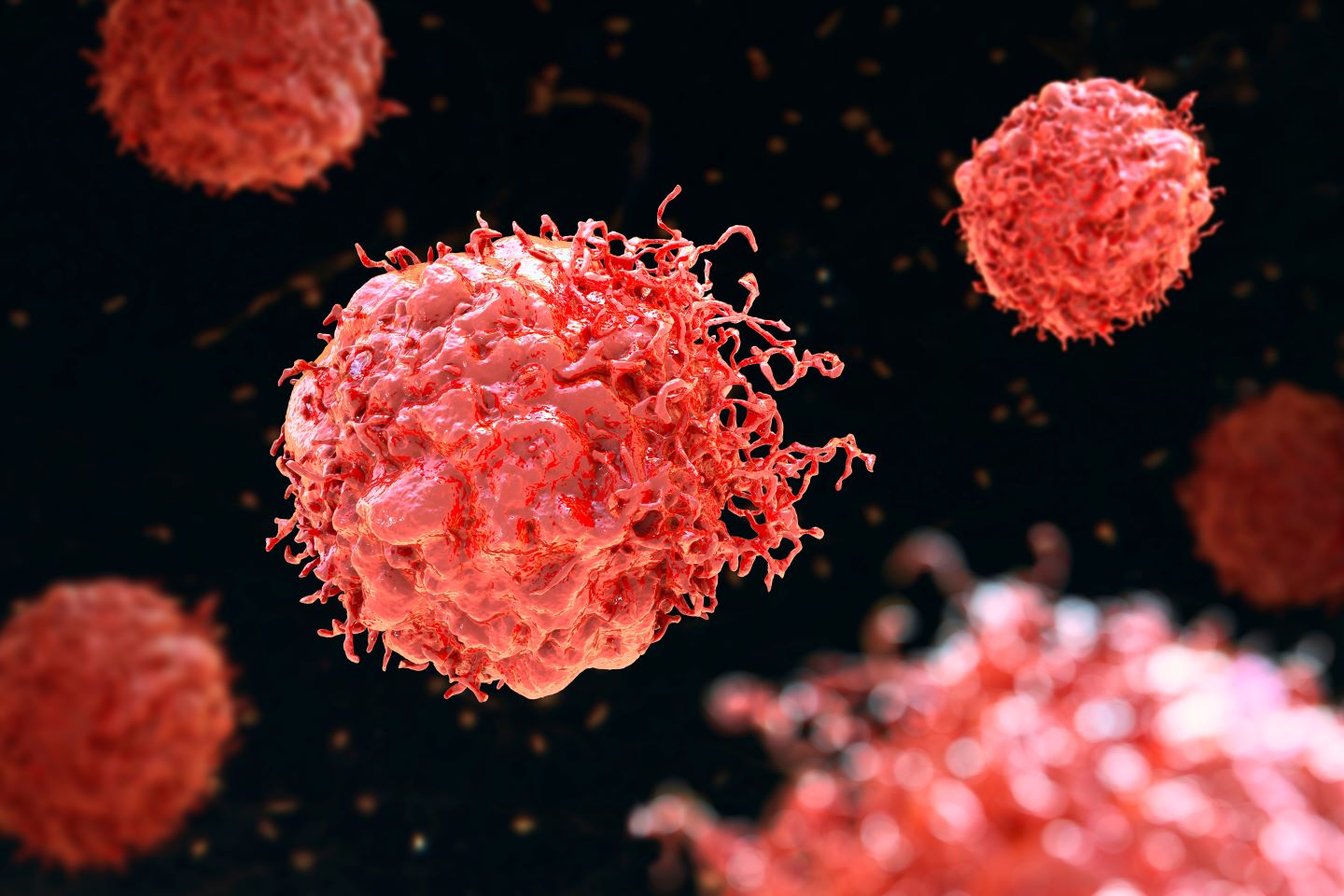Tislelizumab by BeiGene for Gastroesophageal (GE) Junction Carcinomas: Likelihood of Approval
Tislelizumab is under clinical development by BeiGene and currently in Phase III for Gastroesophageal (GE) Junction Carcinomas. According to GlobalData, Phase III drugs for Gastroesophageal (GE) Junction Carcinomas have a 100% phase transition success rate (PTSR) indication benchmark for progressing into Pre-Registration. GlobalData's report assesses how Tislelizumab's drug-specific PTSR and Likelihood of Approval (LoA) scores compare to the indication benchmarks. Buy the report here.GlobalData tracks drug-specific phase transition and likelihood of approval scores, in addition to indication benchmarks based off 18 years of historical drug development data. Attributes of the drug, company and its clinical trials play a fundamental role in drug-specific PTSR and likelihood of approval.Tislelizumab overviewTislelizumab (Baizean, Tevimbra) is a humanized monoclonal antibody that belongs to a class of immuno-oncology agents. It is formulated as concentrated solution for infusion for intravenous route of administration. Baizean is used for the treatment of patients with classical Hodgkin’s lymphoma (cHL) who have received at least two prior therapies and treatment for patients with locally advanced or metastatic urothelial carcinoma (UC). It is also indicated as a second- or third-line treatment for patients with locally advanced or metastatic non-small cell lung cancer (NSCLC). Baizean is indicated for the treatment of adult patients with advanced unresectable or metastatic microsatellite instability-high (MSI-H) or mismatch repair deficient (dMMR) solid tumors, including patients with advanced colorectal cancer (CRC) who had been treated with fluoropyrimidine, oxaliplatin and irinotecan and other advanced solid tumors who develop disease progression after prior treatment and have no satisfactory alternative treatment options. Baizean is indicated as a treatment for patients with locally advanced or metastatic esophageal squamous cell carcinoma (ESCC) who have disease progression or are intolerant to first-line standard chemotherapy. Tislelizumab, in combination with chemotherapy as a first-line treatment for patients with recurrent or metastatic nasopharyngeal cancer (NPC). It is also indicated to treat cancers associated with homologous-recombination deficient (HRD). Tislelizumab is under development for the treatment of locally advanced rectal cancer, hepatocellular carcinoma (HCC), acute myelocytic leukemia, relapsed and refractory acute myeloid leukemia, high-risk myelodysplastic syndromes, primary mediastinal large B-cell lymphoma, triple negative breast cancer (TNBC), gallbladder cancer, pancreatic ductal adenocarcinoma, recurrent head and neck cancer squamous cell carcinoma, locally advanced or metastatic urothelial carcinoma, non-small cell lung cancer, esophageal squamous cell carcinoma, melanoma, metastatic esophageal, HER2 positive breast cancer, gastric, or gastroesophageal junction carcinoma (as a first line therapy), squamous non-small cell lung cancer, advanced solid tumors such as triple negative breast cancer, ovarian cancer, colorectal cancer, cervical cancer, pancreatic cancer, gastric cancer, hepatocellular carcinoma, non-squamous non-small cell lung cancer, sarcomas, cholangiocarcinoma, chronic lymphocytic leukemia (CLL), follicular lymphoma, aggressive lymphoma, including diffuse large B-cell lymphoma (DLBCL), renal cell carcinoma, squamous cell carcinoma, cutaneous squamous cell carcinoma, adrenocortical carcinoma, metastatic esophageal squamous cell carcinoma, urothelial carcinoma, mesothelioma, adenocarcinoma of mandible, undifferentiated adenocarcinoma from teratoma, blood borne cancer, metastatic hormone refractory (castration resistant, androgen-independent) prostate cancer, small-cell lung cancer, muscle invasive bladder cancer (MIBC), metastatic adenocarcinoma of the pancreas, non-small cell lung cancer, T-cell lymphomas such as anaplastic T-cell lymphoma, Extranodal NK/T-cell lymphoma, diffuse large B-cell lymphoma (DLBCL), relapsed or refractory classical Hodgkin lymphoma (cHL), gastrointestinal stromal tumor (GIST), mantle cell lymphoma, marginal zone B cell lymphoma, adenoid cystic carcinoma, nasopharyngeal cancer, renal pelvis cancer, ureter cancer, bladder cancer, nasopharyngeal cancer, oral cavity cancer, oropharyngeal cancer, hypopharyngeal cancer, laryngeal cancer or urethral cancer. It is administered by intravenous drip route. The drug candidate is a highly selective and potent, humanized anti-PD-1 monoclonal antibody. It was also under treatment for the treatment of duodenal cancer, anal squamous cell cancer, glioblastoma multiforme, Waldenstrom macroglobulinemia, ESCC, NSCLC, adenocarcinoma of the gastroesophageal junction, RHNSCC, esophageal cancer ,TNBC, sezary syndrome, mycosis fungoides, GIST, HCC, angioimmunoblastic T-cell lymphoma (AITL)/immunoblastic lymphadenopathy, peripheral T-cell lymphomas (PTCL), natural killer cell lymphomas, anaplastic large cell lympho
What's Your Reaction?

































